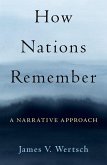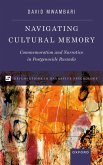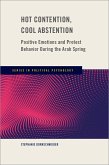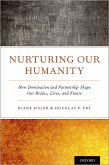How Nations Remember draws on multiple disciplines in the humanities and social sciences to examine how a nation's account of the past shapes its actions in the present. National memory can underwrite noble aspirations, but the volume focuses largely on how it contributes to the negative tendencies of nationalism that give rise to confrontation. Narratives are taken as units of analysis for examining the psychological and cultural dimensions of remembering particular events and also for understanding the schematic codes and mental habits that underlie national memory more generally. In this account, narratives are approached as tools that shape the views of members of national communities to such an extent that they serve as co-authors of what people say and think. Drawing on illustrations from Russia, China, Georgia, the United States, and elsewhere, the book examines how "narrative templates," "narrative dialogism," and "privileged event narratives" shape nations' views of themselves and their relations with others. The volume concludes with a list of ways to manage the disputes that pit one national community against another.
Dieser Download kann aus rechtlichen Gründen nur mit Rechnungsadresse in A, B, BG, CY, CZ, D, DK, EW, E, FIN, F, GR, HR, H, IRL, I, LT, L, LR, M, NL, PL, P, R, S, SLO, SK ausgeliefert werden.









